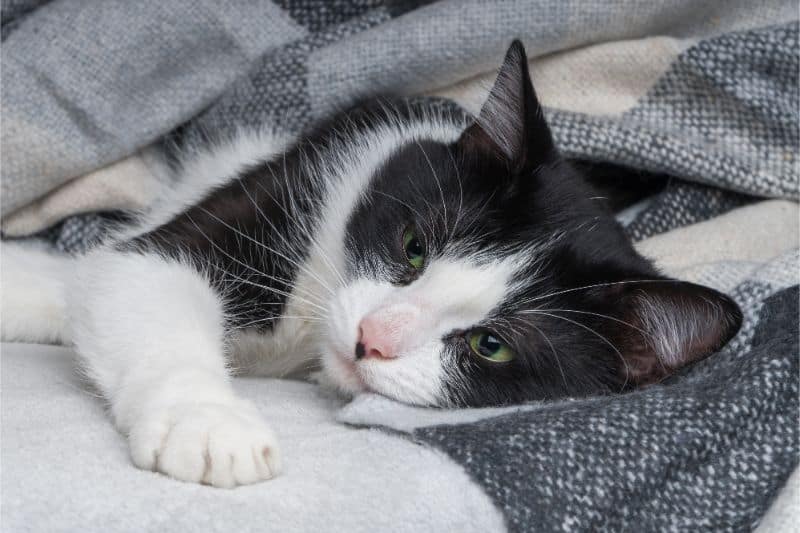This Is How You Know Your Cat is Sick

Anyone who has spent time around cats knows they can be a little…difficult on occasion. They have some quirky habits and tend to be a bit cryptic in their communication style.
Like most animals, cats are also not great at letting us know when something is wrong. Their instincts tell them to hide signs of weakness, and we as pet owners aren’t always on top of the more subtle signs of problems. Your BEEVET Animal Hospital has gathered our time tested tips for recognizing when your cat is sick, so you can keep them healthy and happy for the long haul!
Sneaky Signs of Illness
A large part of recognizing early signs that a cat might be sick is understanding how cats communicate. They don’t often give us big, blatant signs that they aren’t feeling well.
Some subtle signs that your cat is sick could include:
- Decreased interest in food
- Vomiting
- Diarrhea
- Changes in vocalizations
- Changes in litter box habits
- Differences in daily routine
- Hiding more than usual
- Reluctance to jump or climb on things that they normally do
- Decreased or changes in grooming habits
- Bad breath
- Increase in irritability
- Increased thirst
- Weight loss
Any of these things warrant a call to schedule a visit to see one of our expert veterinarians.
Proactive Pointers for Knowing When Your Cat is Sick
Since your cat isn’t going to send you a text to let you know they aren’t feeling well, you need to be alert for signs of trouble. The best way to tell if your cat is sick is to take a proactive position in their care.
At home, paying attention to the details is key. What is your cat’s normal daily routine? How much and when do they eat? How much do they drink? What is in the litter box everyday? By knowing the answers to these questions, you are more likely to catch on to subtle changes and act before the problem becomes more serious. Even still, once you do think something is up, how to know if it’s allergies or something life-threatening? What do you do when you find lumps and bumps?
Another important part of cat care is wellness care. By bringing your cat to see us for routine visits, we can be better on top of changes in weight, overall condition, and behaviors. Screening tests like blood and urine testing in seemingly healthy pets can also tip us off to trouble long before your cat is showing outward signs of an issue. Also, keeping your indoor cat active goes a long way in keeping them healthy!
Cats are incredible creatures, but despite what they may think, they need our help. When your cat is sick it may not always be obvious, but close attention to detail and pushing preventative care are key to staying on top of problems.
